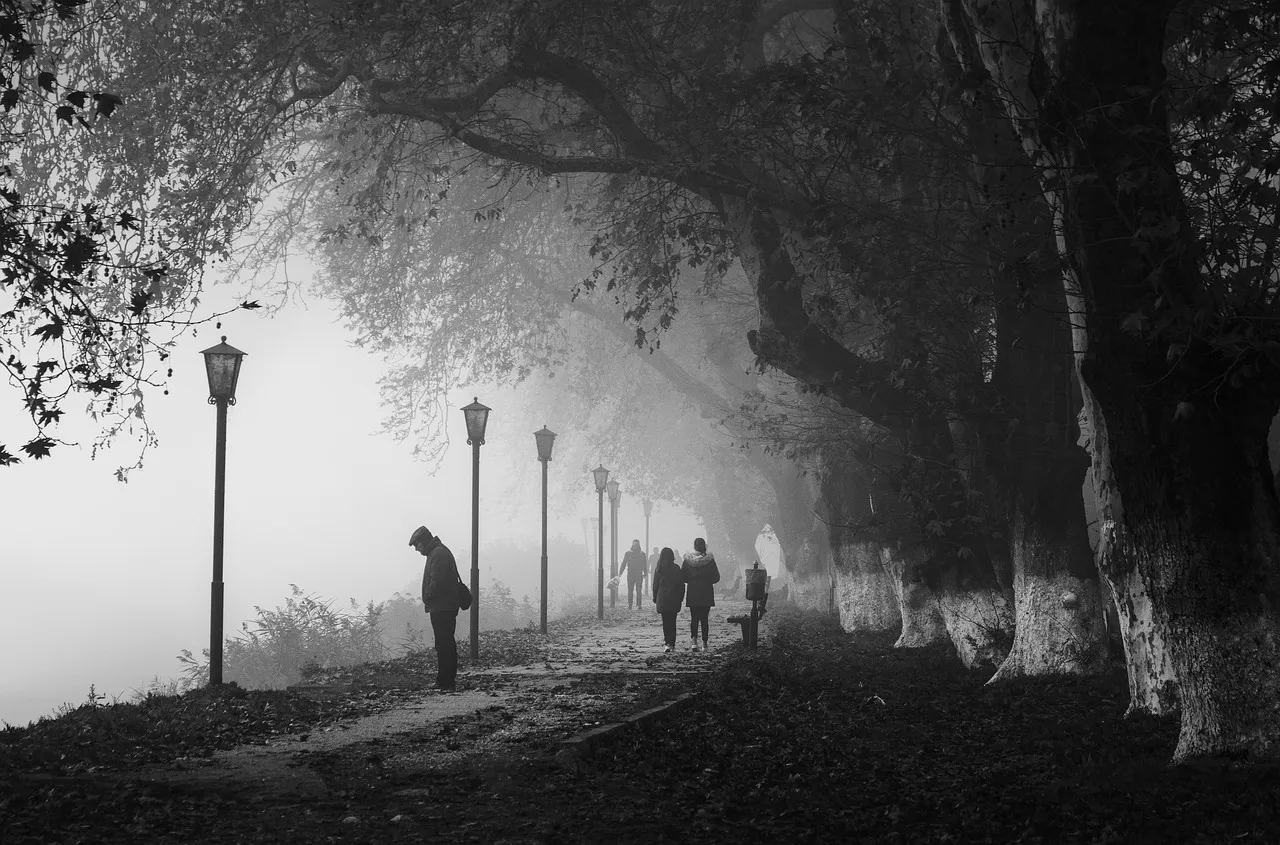Respond, if you please
«Two things fill my mind with ever-renewed and heightened awe and wonder no matter how much I continually reflect upon them: the starry firmament above me and the moral law within me.»
Immanuel Kant
In the peaceful town of Königsberg, every time the professor leaves his home for his traditional afternoon walk at half past three o'clock, the town's clocks adjust their hands in sync with his passing. However, something unusual seems to be happening in the life of the distinguished thinker: he no longer takes his customary walk and does not answer his friends' letters.
Everyone's concern is palpable: what is going on in the philosopher's mind? Why does he refuse to publish new works? In the midst of this uncertainty, Anna Regina Dietz is worried about the professor's well-being. She knows that something is wrong, that his early works have been received with indifference, and fears that failure and disappointment will plunge him into sadness.
Trusting in his love and the strength of their connection, Anna tries to communicate with the thinker in every possible way. She writes letters, sends messages through the servants and even ventures to knock on his door, hoping for an answer that does not come. Anguish grips her heart, wondering if he really loves her, if his love and companionship are enough to face the obstacles that life presents them.
On the other hand, the professor struggles with a heartbreaking internal struggle. Doubt, insecurity and fear overwhelm him. He feels sadness and frustration for the failure of his first works, and isolation imposes itself as a necessity for him. He knows that he must devote himself completely to philosophy, develop his thinking and find transcendental answers. But at the same time, his love for Anna and his desire for a normal life torment him.
Any change makes him apprehensive, even if it promises to improve his condition. He is aware that he must be careful if the threads of his life, so delicately woven by the Fates, are to extend into an uncertain future. Here he is faced with a dilemma similar to that of Achilles in the ancient story of Troy: should he renounce his love and give himself completely to the pursuit of knowledge, thus achieving intellectual glory but abandoning a full life with Anna? Or should he settle for an ordinary existence, renouncing his philosophical vocation and living in mediocrity?
He ponders in silence, in the solitude of his study, while Anna's messages pile up unanswered. The weight of his decision seems to crush him, and his sadness is evident in every gesture and every lost look. In his mind, a possible reply to Anna emerges, a reply he will never send. "My dear friend, any upset unsettles me. I deeply appreciate the support and concern of my admirers and friends, who think kindly of my welfare.
However, in my present state, I humbly ask for protection against any change. My natural instinct warns me of the importance of preserving the fragility and extent of the threads of fate in my case." But words are not necessary, interpretations slip into the air, hinting at the deep inner struggle he faces.
Between silences and absences, the thinker makes a determination. He will sacrifice the comfort of a conventional life and immerse himself in solitude and isolation, devoting himself entirely to his work, to the philosophy that impassioned him.
His destiny with Anna is suspended in time, between the pages of his story. Their paths fork, and only time will reveal whether the sacrifice will be worth it, whether love and dedication to philosophy can coexist in the heart of the thinker.
And while Anna waits for answers that will never come, deep within herself, she knows there is something more, something that transcends words, something that only silence and time can reveal. In her waiting, she clings to the hope that the professor's love and dedication to philosophy will not mean the end of their relationship, but rather a transformation, an evolution together toward a deeper understanding of themselves and the world around them.
Each day, in the solitude of her home, Anna gazes longingly at the closed door that separates their lives, wondering if it will ever open again and if her beloved will return to her side. Although uncertainty torments her, she also understands that the thinker's process of growth and self-reflection is necessary and valuable.
Anna consoles herself with the thought that time and space can be allies in that challenge. That in distance and absence, the passion and connection that binds them will grow stronger, and that, at some point, the words will find their way and the answers will come.
Meanwhile, in the streets of the city, the buzz about the thinker's health and life would end: neighbors reset their watches as they watched the philosopher depart for his solitary 3:30 p.m. stroll. The professor's punctuality, his constancy in the midst of adverse circumstances, was a constant reminder of his unwavering dedication to his work and to the search for truth.
In that moment of pause and silence, the thinker was entering a period of personal transformation and immersion in writing. While the world anxiously awaited his answers, the thinker immersed himself in introspection and deep analysis, weaving the ideas that would shape his philosophical legacy.
In the midst of uncertainty and unanswered questions, the story of the professor and Anna seemed to drift temporarily apart, yet the invisible thread that bound them together would persist as one more of the rumors that would weave through the philosopher's life.
